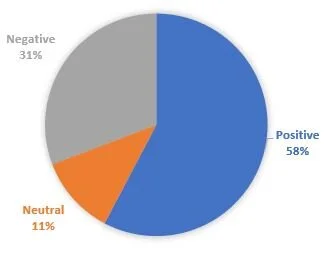Background on the Conservation Finance Alliance and the Coronavirus and Conservation Finance Community Series
The Conservation Finance Alliance (CFA) is the leading global professional alliance of conservation finance experts, practitioners, and organizations. The CFA’s mission is to promote awareness, expertise, and innovation in conservation finance globally.
The CFA has recently introduced a new series of online discussions regarding the impact of COVID-19 on conservation finance, titled “Coronavirus and the Conservation Finance Community”.
To date, three online discussions have been held. The first discussion focused generally on CTF’s, with representatives from CAFÉ and RedLAC discussing how the pandemic was impacting operations, finance flows, and what the future could look like. The second discussion identified specific conservation finance tools that are viewed as most robust in the face of the crisis. Following the taxonomy of conservation finance mechanisms outlined in the CFA white paper “Conservation Finance: A Framework”, three tools were identified: Public-Private Partnerships, Blended Finance, and Mainstreaming Biodiversity in Development.
The CFA is continuing the discussion by holding three additional online calls, focusing on each of these priority finance mechanisms. The first of the three calls, which focused on Public-Private Partnerships with an emphasis on Marine Protected Areas, was recently completed on June 18th (recording available here).
The remaining calls are Mainstreaming Biodiversity in Development planned for July 10th and Blended Finance planned for late July (date will be announced shortly).















